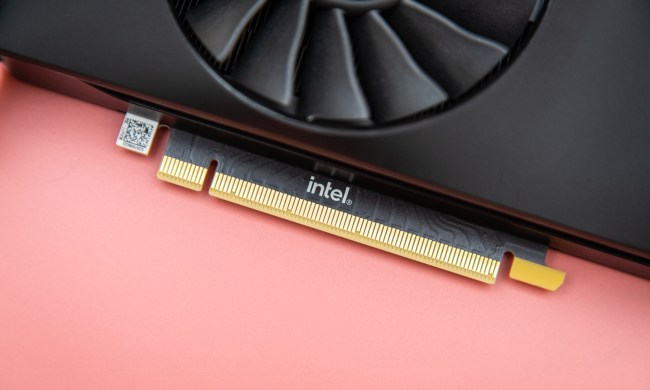
There are bold claims, and then, there are bold claims — Flow Computing just made the latter. According to the startup, its proprietary tech, which it refers to as a parallel processing unit (PPU), can boost the performance of any CPU by up to 100 times.
It doesn’t even have to be one of the best CPUs — Flow Computing claims that all devices in need of high-performance CPUs will find massive benefits in using the company’s PPU. There’s more to it that sounds pretty amazing, but what are the odds that it’ll actually make it to market? Let’s take a closer look.
Flow Computing only came into being in January of this year; this is a new startup built on the foundation of the VTT Technical Research Centre of Finland. The company — which appears to only employ three of its founders right now, although the FAQ doesn’t make it entirely clear — has already gathered around $4.3 million (4 million euros) in funding. Though the headcount and the age of the company are both on the shorter side, its tech sounds mighty impressive.
The company states that shifting workloads to the PPU would enable the era of new “super CPUs.” These chips would be fully backward compatible with existing software and apps, and what’s more, developers wouldn’t need to do a thing for these new PPU-infused processors to work. They would just work, and 100 times faster, at that.
In the FAQ document that the company has shared with The Verge, it said: “Parallel functionality in legacy software and applications can be accelerated by recompiling them for the PPU without any code changes. The more parallel functionality there is, the more performance boost will be subsequently gained. Our technology is also complementary in nature — while it boosts the CPU, all other connected units (such as matrix units, vector units, NPUs, and GPUs) will indirectly benefit from the performance of PPU and get a boost from the more capable CPU.”

Add to that the fact that Flow Computing also believes that its PPUs could bring this kind of performance boost even to smaller devices, such as smartphones and watches, and we’ve got something that sounds like a real hit on our hands. However, the problem is that Flow Computing hasn’t built such a chip yet, so these claims are difficult to verify.
Instead of tackling this project by itself, the young startup hopes to team up with the likes of Intel, AMD, Arm, Qualcomm, and Nvidia, as well as smaller CPU startups in order to “co-develop the future era of advanced CPU computing.” The startup is targeting a global market and planning to license its technology all around the world. “[The] PPU is totally independent of instruction set design, so it can be used in any CISC or RISC CPU and it can be integrated into any current or pending design architecture using any process geometry,” according to the company.
Could this truly be the beginning of the future of computing? Will we start seeing CPUs that are incredibly fast, as opposed to the slow death of Moore’s Law that we’ve been witness to over the past years? We don’t have the answers, but check out the white paper and the article published by the founders if you want to decide for yourself.



